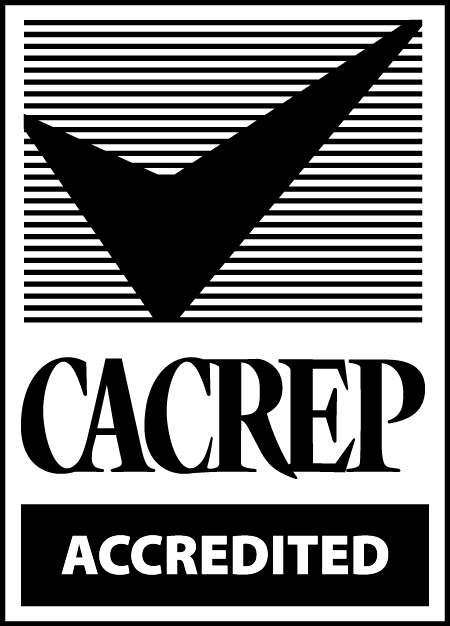About Professional Counseling at MTSU
MTSU’s Professional Counseling program offers two concentrations—Clinical Mental Health Counseling and School Counseling. Both concentrations are accredited by the Council for Accreditation of Counseling and Related Educational Programs (CACREP).
The mission of the Professional Counseling program is to help students develop essential knowledge, skills, and dispositions to function successfully as professional counselors working in mental health agencies, private practice, or elementary, middle, and high schools. We strive to attract a diverse group of students who have an allegiance to social justice and to advocacy for equal opportunity for all members of society, and who will make a strong

commitment to their own academic achievement, professional development, and personal self-awareness and growth across the lifespan. Professional Counseling faculty train highly skilled counselors to assist individuals with social, emotional and/or academic challenges. Information pertaining to diversity and trauma is emphasized and infused throughout the curriculum.
The Professional Counseling Program won the Southern Association for Counselor Education and Supervision Outstanding Master's Program Award Recipient (2011).
Please explore our website for information on how to apply, what we are currently doing, and the impact our alumni are having.
Program Objectives
To meet the mission, the following objectives have been established:
- Graduates will have acquired knowledge and skills to work with individuals in the context of human growth and development principles.
- Graduates will have an appreciation of the unique contributions and concerns of diverse populations and will have the ability to work with all individuals to enhance and encourage their full participation in a pluralistic society.
- Graduates will have developed a professional counselor identity based on strengths, wellness, empowerment, prevention and early intervention.
- Graduates will evidence commitment to the practitioner-scholar role and to ongoing professional development.
- Graduates of the program’s Clinical Mental Health Counseling concentration will have specialized knowledge and skills needed to plan, implement, and evaluate evidence-based programs and treatment procedures that are designed to treat psychopathology and promote optimal mental health in mental health agencies and/or private practice settings.
- Graduates of the program’s School Counseling concentration will have the knowledge and skills needed to plan, implement, and evaluate comprehensive school counseling programs that are designed to facilitate the academic, career, and personal/social development of all students as lifelong learners in a pluralistic society.
Definition of Counseling
The Professional Counseling faculty endorses the American Counseling Association's definition of counseling: "Counseling is a professional relationship that empowers diverse individuals, families, and groups to accomplish mental health, wellness, education, and career goals."
Clinical Mental Health Counseling and School Counseling Programs
The Womack Educational Leadership Department offers a Specialist in Education (Ed.S) degree in Professional Counseling with concentrations in clinical mental health counseling and school counseling. Both programs are accredited by the Council for Accreditation of Counseling and Related Educational Programs (CACREP).
The Clinical Mental Health Counseling program prepares students to work in community mental health centers, family services agencies, and private practice settings. Students who complete the clinical mental health counseling curriculum will have met the educational requirements for licensure as a professional counselor with mental health service provider designation (LPC MHSP), the highest level of counselor licensure in the state of Tennessee.
The School Counseling concentration prepares students to work in elementary and secondary schools with the potential for recommendation for licensure as a school counselor, Pre K-12.
Method of Instruction and Program Format
The Professional Counseling Program is an on-ground program. While the majority of classes are offered in a traditional lecture format, the Program offers a few hybrid and online courses. Most classes integrate an online class delivery program (Desire2Learn) to share materials and reading, as well as encourage online engagement between classes. Classes that students take early on in their programs are more knowledge-specific and become more skills-specific as they progress toward program completion. As emerging professionals, students are required to be active participants in classes while instructors are committed to delivering content, helping students develop skills and evaluating their progress to ensure they develop into competent helping professionals.
Department Affiliation & Resources
The Professional Counseling program is affiliated with the Womack Educational Leadership Department, which has 22 full-time faculty and several graduate program options. Students have access to mainframe and personal computers, a school library including relevant counseling and psychological journals, interlibrary loan, psychological databases, and a unique learning resource center.
MTSU is located 30 miles south of Nashville, Tennessee's state capital and enrolls over 25,000 students. A wide range of educational, cultural, and recreational opportunities are available to students.


